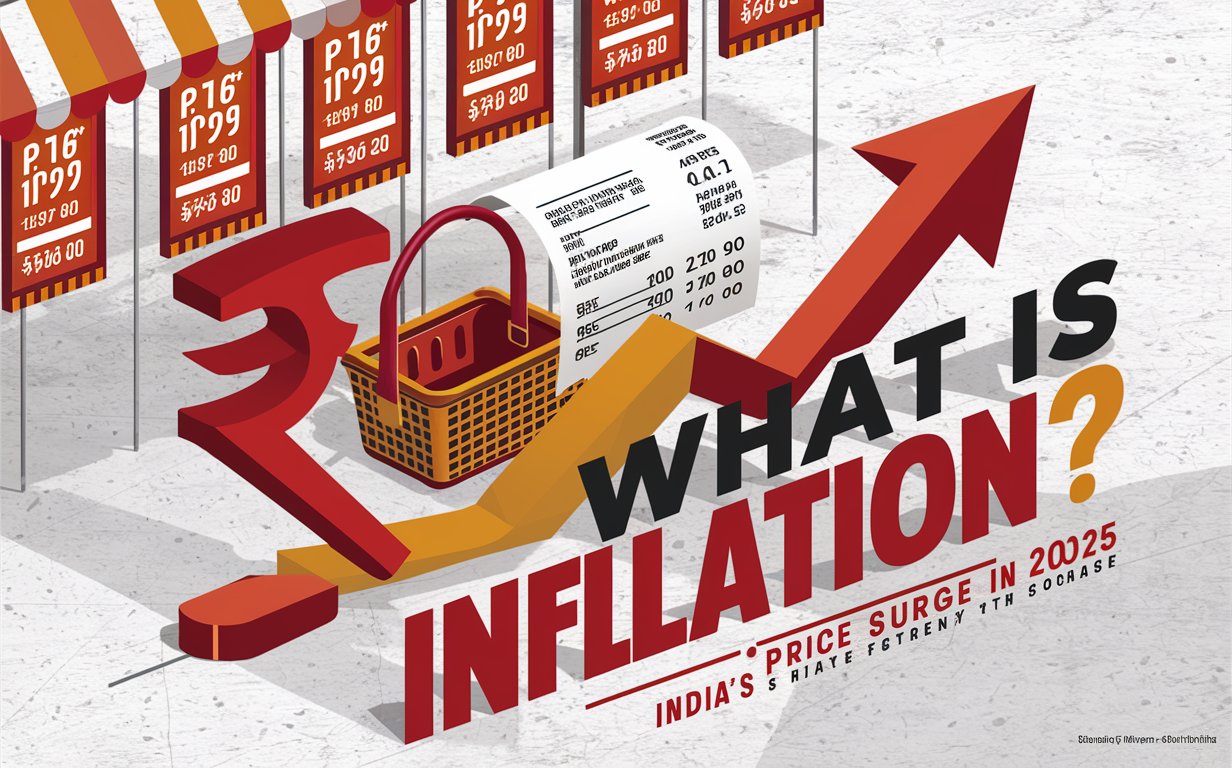Which is the most valuable currency in the world compared to the US Dollar (USD) 2024?
The Kuwaiti Dinar, often abbreviated as KWD, holds the distinction of being the most valuable currency in the world when compared to the US Dollar (USD). This article explores why the Kuwaiti Dinar is more valuable than the US Dollar, examining the factors that contribute to its high value and its impact on global currency markets.

Understanding the Kuwaiti Dinar
What is the Kuwaiti Dinar?
The Kuwaiti Dinar is the official currency of Kuwait, represented by the ISO code KWD. It is renowned for its high value relative to other global currencies, including the US Dollar. The Kuwaiti Dinar's high value stems from several key factors, including Kuwait's economic stability and its significant oil reserves.
The Historical Context
The Kuwaiti Dinar was introduced in 1961, replacing the Gulf Rupee. Its establishment was part of Kuwait's efforts to create a stable and robust national currency. Over the decades, the Kuwaiti Dinar has strengthened due to Kuwait's growing economic influence and oil wealth, making it more valuable than the US Dollar.
Factors Contributing to the Kuwaiti Dinar's High Value
Economic Stability of Kuwait
One of the primary reasons the Kuwaiti Dinar is more valuable than the US Dollar is Kuwait's economic stability. Kuwait is one of the world's richest countries per capita, thanks largely to its vast oil reserves. This economic stability has contributed significantly to the strength and high value of the Kuwaiti Dinar.
Oil Wealth and Its Impact
Kuwait's economy is heavily reliant on oil, with oil exports contributing a substantial portion of its GDP. The high value of the Kuwaiti Dinar is closely tied to Kuwait's significant oil wealth. As one of the top oil producers in the world, Kuwait's economic health is bolstered by global oil prices, which in turn supports the high value of the Kuwaiti Dinar.
Currency Pegging and Exchange Rates
The Kuwaiti Dinar's value is also supported by its pegged exchange rate system. The Kuwaiti Dinar is pegged to a basket of international currencies, which helps maintain its value against the US Dollar and other major currencies. This pegging system helps stabilize the Kuwaiti Dinar and ensures its continued high value compared to the US Dollar.
Comparing the Kuwaiti Dinar to the US Dollar
Exchange Rate Dynamics
The exchange rate between the Kuwaiti Dinar and the US Dollar is a key indicator of their relative values. Historically, the Kuwaiti Dinar has maintained a higher value compared to the US Dollar. As of recent data, 1 Kuwaiti Dinar is equivalent to approximately 3.30 US Dollars, highlighting its superior value.
Purchasing Power Parity
Purchasing Power Parity (PPP) is another important factor in comparing the Kuwaiti Dinar to the US Dollar. PPP measures the relative value of currencies based on their ability to purchase goods and services. The high value of the Kuwaiti Dinar reflects its strong purchasing power compared to the US Dollar, making it more valuable in terms of what it can buy.
Inflation and Currency Value
Inflation rates can significantly impact currency value. Kuwait has experienced relatively low inflation rates, contributing to the stability and high value of the Kuwaiti Dinar. In contrast, the US Dollar has faced higher inflation rates over the years, which has affected its value relative to the Kuwaiti Dinar.
The Role of the Kuwaiti Dinar in Global Finance
Investment Opportunities
The high value of the Kuwaiti Dinar makes it an attractive currency for investors. Kuwaiti assets, including real estate and stocks, offer investment opportunities for those looking to benefit from the currency's strength. The stability and value of the Kuwaiti Dinar enhance the attractiveness of these investment options.
Currency Reserves
Many countries hold Kuwaiti Dinars as part of their foreign exchange reserves. The currency's high value and stability make it a valuable component of global currency reserves. This practice further underscores the Kuwaiti Dinar's significance in international finance.
Economic Impact
The strong value of the Kuwaiti Dinar has a positive impact on Kuwait's economy. It boosts national purchasing power, supports high standards of living, and contributes to economic growth. The currency's strength also enhances Kuwait's global economic standing.
Implications of the Kuwaiti Dinar's High Value
Economic Growth and Development
Kuwait's high-value currency has supported its economic growth and development. The strength of the Kuwaiti Dinar allows for substantial investments in infrastructure, education, and healthcare, contributing to the country's overall prosperity.
International Trade
The value of the Kuwaiti Dinar affects international trade dynamics. Kuwait's strong currency impacts trade balances, import-export ratios, and global economic relations. A high-value currency can make imports more expensive and exports more competitive.
Travel and Tourism
For travelers and tourists, the high value of the Kuwaiti Dinar means that visitors need to exchange more US Dollars for Kuwaiti Dinars. This aspect affects travel costs and spending power, influencing tourism dynamics in Kuwait.
Future Outlook for the Kuwaiti Dinar
Economic Forecasts
The future outlook for the Kuwaiti Dinar remains positive, given Kuwait's economic stability and oil wealth. Forecasts suggest that the Kuwaiti Dinar will continue to maintain its high value relative to the US Dollar and other global currencies.
Potential Challenges
Despite its strong value, the Kuwaiti Dinar faces potential challenges. Fluctuations in global oil prices, economic shifts, and geopolitical factors could impact its value. Kuwait's reliance on oil also poses risks, making it crucial for the country to diversify its economy to sustain the Kuwaiti Dinar's value.
Conclusion
The Kuwaiti Dinar stands as the most valuable currency in the world when compared to the US Dollar, driven by Kuwait's economic stability, oil wealth, and currency management strategies. Its high value reflects the strength of Kuwait's economy and its position in the global financial landscape. Understanding the factors behind the Kuwaiti Dinar's value offers insight into its role in international finance and its impact on global currency markets.



Post Comment